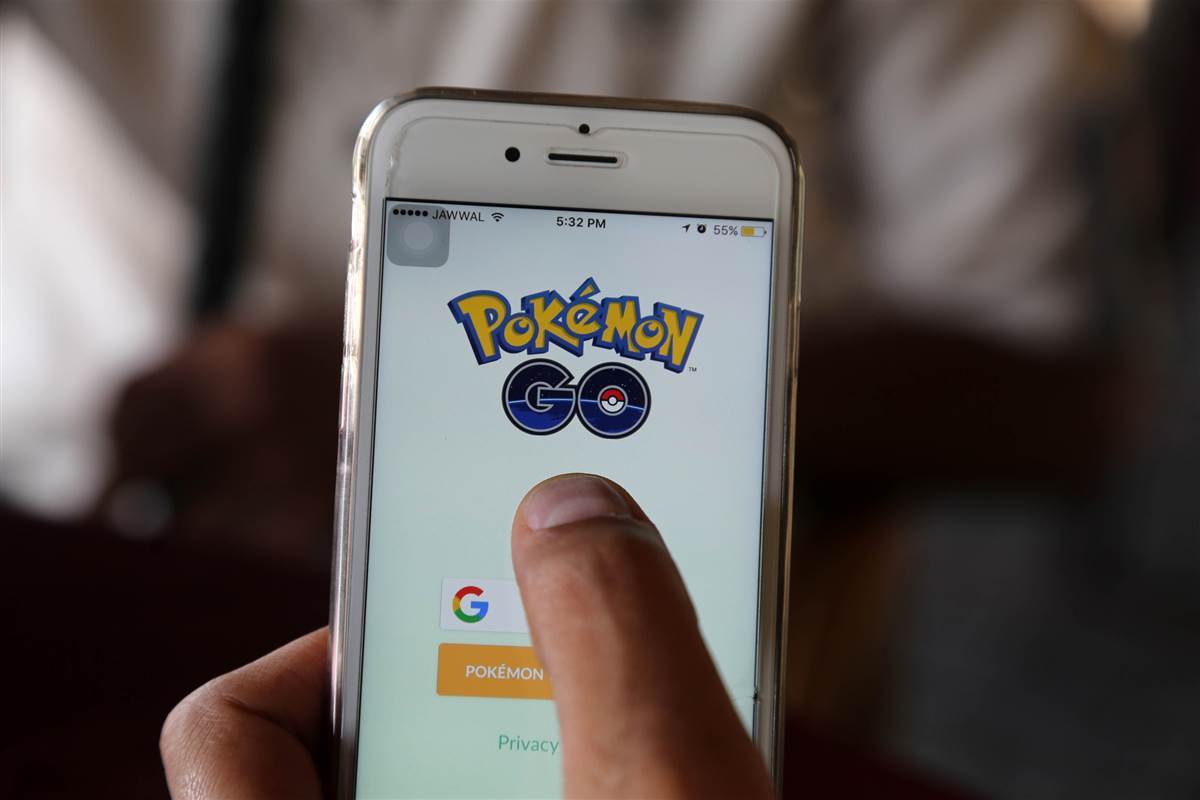Pakistan has warned government workers about the dangers of playing “Pokemon Go.”
An advisory issued by the country’s cyber-security agency identified a series of “technical threats” presented by the popular augmented-reality game, including that it “automatically turns on GPS/camera and possibly records activities of surroundings.”
The leaked document also flagged a “non-technical threat”: that the “addictive nature” of “Pokemon Go” can cause “serious injuries to unwary players.”
It recommended advising government officials and staff — as well as their families — to avoid downloading the game.
While “Pokemon Go” is not officially available in the Islamic republic, players have been able to download the game by tricking their smartphones into thinking they’re in a different country.
Retired Maj. Iftikhar Ali, assistant secretary of the National Telecom and Information Technology Security Board, confirmed the authenticity of the alert issued by his agency last month.
“We’ve looked at the game forensically, and it raises concerns for us,” Ali told NBC News. “We’ve listed some of these in the document.”
Related: How to ‘Catch ‘Em All’ in One of World’s Most Violent Cities
Based on the 1990s video-game franchise, “Pokemon Go” sees players exploring a real-world map and hunting computer-generated creatures.
Niantic, the game’s developer, did not respond to NBC News’ request for comment.
Since its debut over the summer, “Pokemon Go” has brought in $470 million in revenue and been installed more than 550 million times, according to the global market intelligence firm Newzoo.
It isn’t the first time the game sparked some security concerns.
In August, the Israeli army banned troops from playing “Pokemon Go” on military bases amid concerns that game potentially allowed sensitive information to be leaked.







